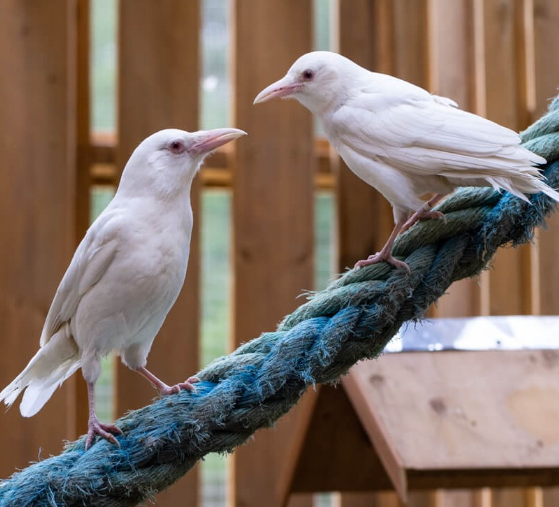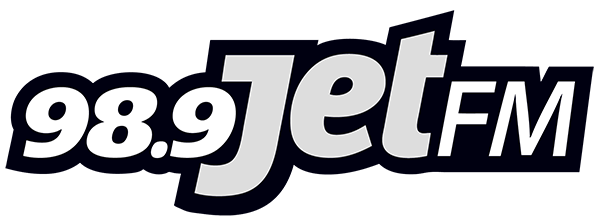BC’s chief veterinarian is warning clinics to take extra steps to prevent spreading avian flu, but an Island wildlife rescue centre is already ahead of the curve.
The Mountainaire Avian Rescue Society (MARS) in Merville has had biosecurity and handling protocols in place for years, including for visitors on tours, says Society President Warren Warttig.
“It can be transferred to people, there’s a case going on I see on the news right now, but it’s quite rare. It can be quite serious,” he says. “The protocol is with masks and gloves [for handling animals].”
Warttig says all potential carriers for avian flu are screened by hospital staff before coming into the hospital, so as to protect the health of the current patients. Staff are also taking extra care to maintain protection for MARS’ ambassador birds, which are top priority.
A BC teen was recently diagnosed with the virus, the first such case in Canada. The virus is spread by wild birds to poultry flocks. A hobby farm in Campbell River recently had to cull its flock after the virus was detected.
MARS says anyone who notices wild waterfowl (geese, ducks, swans), raptors (hawks, eagles, owls) or corvids (crows, ravens, jays) with suspicious behaviour or any potential avian flu symptoms, please call the wildlife hospital at 250 337-2021 for guidance. If you want to try and contain a distressed bird, use gloves, even rubber kitchen gloves are good, wear protective eyewear and a mask.
MARS is a donation-driven, volunteer organization. For more information about avian flu, or their operations, visit their website.
Bird Feeding Tips
Gyl Andersen, MARS’ manager of wildlife rehabilitation, recommends waiting until the end of November to put up seed and suet feeders.
Concentrating birds such as crows and jays at feeders has the potential to spread the pathogen. Once feeders do go up, please clean them weekly with a weak (1:10) bleach solution, and rake or wash away seed debris under your feeders. This will also help reduce salmonella spread.
Protect birds from cats and other predators, and keep feeders within two meters of your windows to minimize window collisions.
Hummingbird feeders, cleaned weekly, are a low risk of HPAI transmission so can remain up.






